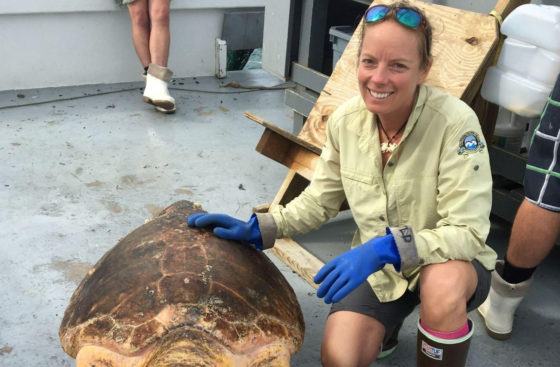In the Community
“Building” for the Future
May 02, 2017
A number of local nonprofits are planning, or in the process of, capital campaigns. Community Foundation of the Lowcountry has a lot of experience working with nonprofits as they undertake such campaigns.
A number of local nonprofits are planning, or in the process of, capital campaigns. Community Foundation of the Lowcountry has a lot of experience working with nonprofits as they undertake such campaigns. Here are some things to consider when embarking on such an extensive venture:
- Plan the budget carefully. The budget should include the actual construction/purchase costs, and also a sufficient contingency. It is better to plan a bit higher and come in under budget. And one more thing: After all costs have been calculated and an appropriate contingency determined—add another 20%. This 20% will form the basis of a maintenance endowment for the facility. Consider that for 10 years following construction, maintenance will be minimal. During that time, endowment investments will be growing. When the HVAC needs repair or replacement after that time, there will be money available to handle it. It is much easier to start a maintenance endowment at the time of the campaign than 10 years hence. People’s imaginations are sparked by the promise of the new facility, not by repairing a roof. NOTE: The Community Foundation can set up a fund for receiving contributions for the capital project, to be converted to a maintenance endowment when the needed resources arrive, making this a simple process (as long as donors know that is the plan). We handle the investments and protect the monies from being used for other purposes. Donors appreciate this fiscal foresight.
- Prepare for additional activity. The pace at which contributions arrive during a campaign is significantly more than your staff may be ready to handle. There are gifts to process, gift acknowledgements and thank you letters to send, and invoices to pay related to the project. But you will have enough to do to just raise the money and communicate progress to your donors. NOTE: The Community Foundation is set up to handle such volume. If you create a campaign fund here to receive gifts, the processing, receipting, and financial reporting is on our shoulders.
- Solicitation licenses. Legally, you must have a license to solicit contributions in any state that requires it—so be cautious if you plan to request support from donors who live in other states. (Currently, nearly 40 of the 50 states require such a license.) Most local nonprofits only have a license to solicit in South Carolina. So you may need to factor this into your cost/time for your campaign. NOTE: The Community Foundation has a license to solicit in each of the states that requires it. Therefore, if the solicitation is for a fund housed here, that is one less thing you’ll need to worry about.
Living generously is made manifest by supporting efforts as critical as capital campaigns. Whether or not your nonprofit partners with the Community Foundation, consider the above items carefully. Your success will create a more successful community for all of us.
Denise K. Spencer
President and CEO



